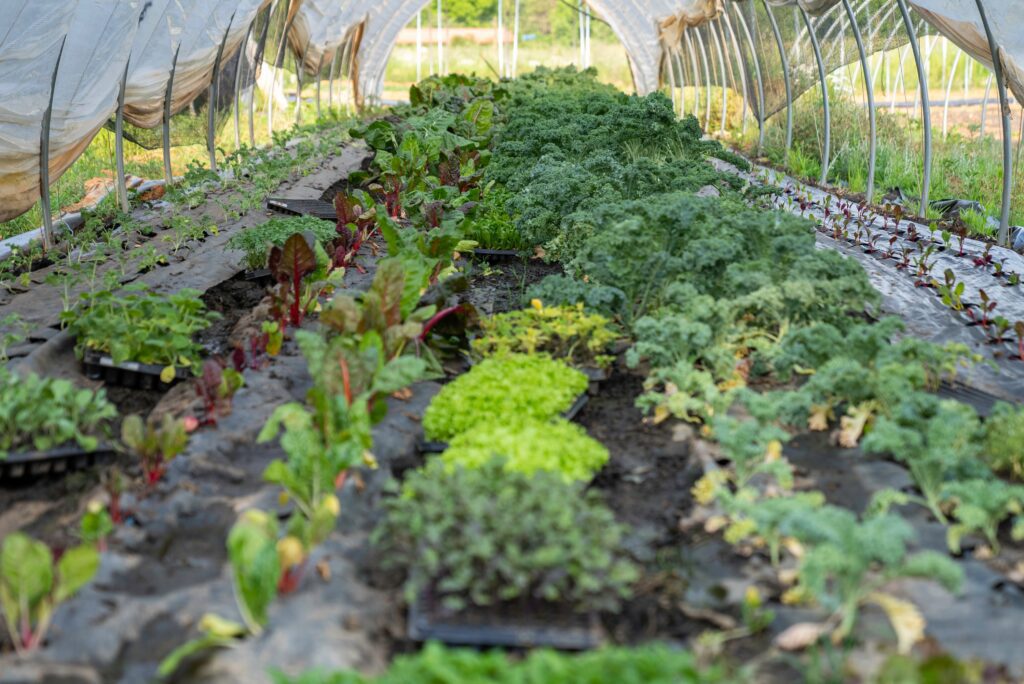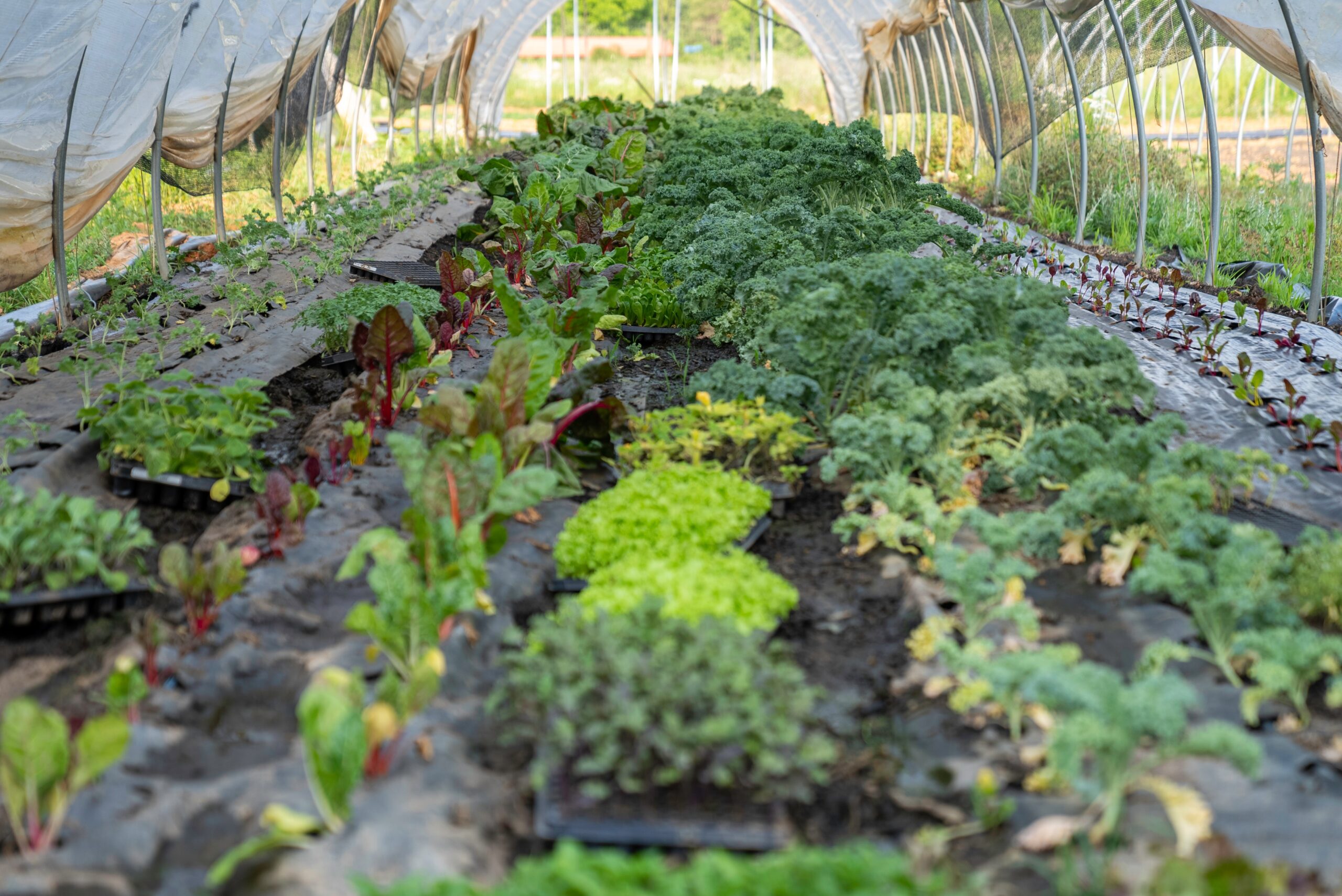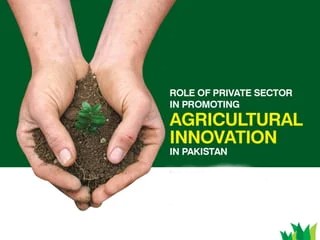Organic farming is a sustainable agricultural practice that focuses on the use of natural and organic inputs to maintain soil fertility, protect the environment, and produce healthy crops. Unlike conventional farming, which relies on synthetic fertilizers and pesticides, organic farming uses a range of techniques to build soil health and promote natural pest and disease control. In this article, we will discuss the impact of organic farming practices on crop yields.
Sustainable Agriculture
- Soil Health One of the key principles of organic farming is to focus on soil health. Organic farmers use a range of techniques to improve soil fertility, such as crop rotation, cover cropping, and composting. These techniques help to build organic matter in the soil, improve soil structure, and enhance nutrient availability. Healthy soils are essential for crop growth and productivity. By improving soil health, organic farmers can produce healthier crops with higher yields.
- Natural Pest and Disease Control Another key principle of organic farming is to promote natural pest and disease control. Instead of using synthetic pesticides and herbicides, organic farmers use natural methods to control pests and diseases. These methods may include crop rotation, intercropping, and the use of natural predators. By promoting natural pest and disease control, organic farmers can protect crops from damage and reduce yield losses.
- Biodiversity Organic farming also promotes biodiversity, which can have a positive impact on crop yields. By growing a range of crops, organic farmers can increase the diversity of beneficial insects and microorganisms in the soil. This, in turn, can improve soil fertility, natural pest control, and crop productivity. Biodiversity can also reduce the risk of crop failure, as different crops have different growth requirements and are less susceptible to the same pests and diseases.
- Reduced Soil Erosion Organic farming practices, such as cover cropping and reduced tillage, can help to reduce soil erosion. Soil erosion can have a significant impact on crop yields, as it can reduce the amount of available nutrients in the soil and damage crop roots. By reducing soil erosion, organic farmers can maintain soil health and improve crop yields.
- Organic Inputs Organic farming relies on natural and organic inputs, such as compost, animal manure, and green manure. These inputs provide a range of nutrients to crops and help to maintain soil fertility. Unlike synthetic fertilizers, organic inputs release nutrients slowly over time, providing a consistent source of nutrients to crops. This can help to improve crop yields and reduce the risk of nutrient deficiencies.
Potential Benefits
Organic farming practices can have a range of benefits for crop yields. By improving soil health, promoting natural pest and disease control, promoting biodiversity, reducing soil erosion, and using organic inputs, organic farmers can produce healthier crops with higher yields. Additionally, organic farming practices can reduce the risk of environmental damage and promote sustainable agricultural practices.

Impact on Crop Yields
While farming practices offer many benefits for crop yields, there are also challenges that need to be addressed. Firstly, organic farming can be more labor-intensive and require more knowledge and expertise than conventional farming. This can make it difficult for small-scale farmers to adopt organic practices. Secondly, organic inputs, such as compost and animal manure, can be expensive and difficult to source in some areas. Finally, organic farming may require additional resources, such as water and land, which can be limited in some regions.
Organic farming practices can have a significant impact on crop yields, improving soil health, natural pest, and disease control, biodiversity, and reducing soil erosion. By using natural and organic inputs, organic farmers can produce healthy crops with higher yields, while also promoting sustainable agriculture practices. However, organic farming practices face several challenges, including labor intensity, limited resources, and the availability of organic inputs. To address these challenges, more education and resources are needed to support the adoption of natural farming methods.
For more Amazing and Unique information and Posts Visit our Home page... If you have any suggestions or information feel free to share with us ….







